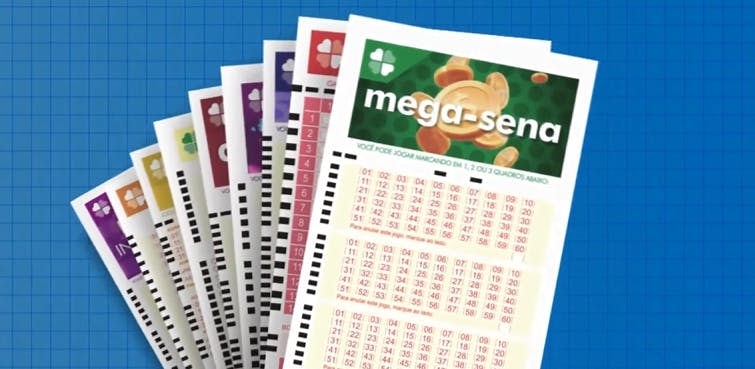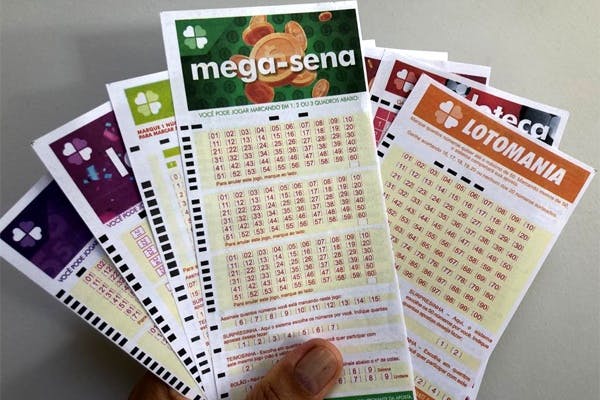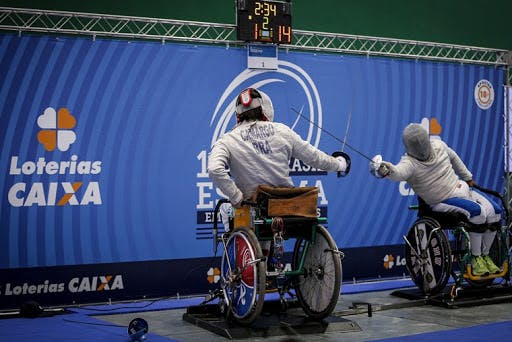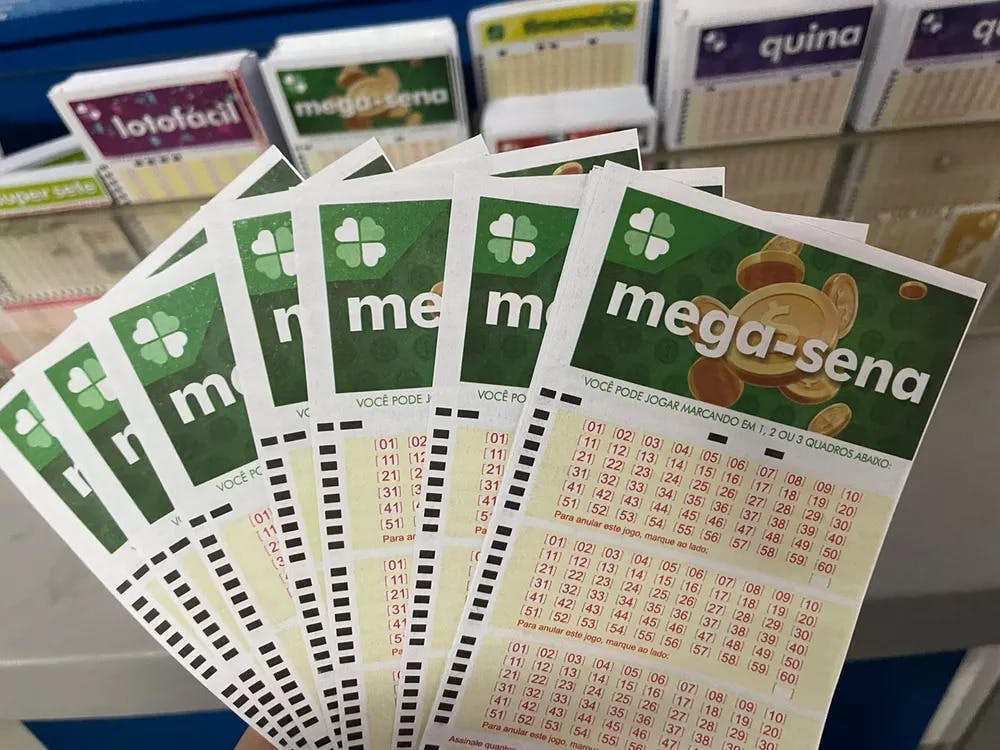History of the Lottery in Brazil
Learn a bit about the history of lotteries in Brazil and how this phenomenon has become a central element of the country's culture and economy.
The Lottery House
tags:
Loterias Caixa
history

From Historical Tradition to Source of Funding for Social Causes
The lottery in Brazil is more than just a betting game; it has become part of the culture and daily life of millions of Brazilians. With a history dating back to the 16th century in Europe, this game format was regulated in the country during the Empire and evolved to become an important source of revenue, supporting social and sports causes. Today, the lottery is not only a hope for wealth for many but also a mechanism that funds education and national sports. In this article, we will explore the fascinating journey of the lottery in Brazil, from its beginnings to its current relevance.
The Origins of the Lottery
Although the lottery is deeply rooted in Brazilian culture, its origin dates back to 16th-century Europe. The first official record of a lottery was in France in 1538, when the government authorized and regulated the game, setting a precedent for other countries. Over time, this model internationalized and eventually reached Brazil during the imperial period.
In Brazil, the first lotteries were experimental and poorly regulated. However, it was in the 20th century that the Brazilian lottery took shape, with the State taking control and establishing clearer rules. This step was crucial to ensuring game transparency and increasing public confidence.
Lotteries of Brazil

Currently, Brazilian lotteries are heavily regulated, with Caixa Econômica Federal overseeing operations. There are eleven official lotteries, including Mega-Sena, Quina, Lotofácil, Lotomania, Timemania, Dupla Sena, Federal, Dia de Sorte, Super Sete, +Milionária, and Loteca. Each of these lotteries has its particularities, but they all share a common goal: to offer entertainment to Brazilians while generating resources for the development of important public initiatives.
Mega-Sena: The Giant of Brazilian Lotteries
Mega-Sena, launched in 1996, is the most famous lottery in Brazil, known for its millionaire prizes, especially during the special "Mega da Virada" draw. Held twice a week, it allows bettors to choose 6 numbers out of 60. The chances of winning are small, but that doesn't stop millions of Brazilians from playing every week in hopes of transforming their lives.
Quina
Quina was created in 1994 and is one of the oldest regulated lotteries in the country. Bettors must choose 5 to 15 numbers out of the 80 available. This drawing is held from Monday to Saturday, every week, at 8 PM.
Lotofácil
Among the most popular games in the country is Lotofácil, which was created in 2003. In this game, you must choose 15 numbers out of 25 options. The player who matches all the numbers wins the main prize.
Lotomania
In 1999, Lotomania arrived in Brazil, and the game is based on the selection of 50 numbers out of the 100 available, ranging from 00 to 99. This lottery is played on Wednesdays and Saturdays and has already distributed millions in prizes.
Timemania
Timemania draws are held on Tuesdays, Thursdays, and Saturdays, and each ticket costs R$ 3.50. Bettors will have numbers from 1 to 80 and will choose 10. Seven numbers and a Heart Team are drawn for each contest. It's possible to win by matching the chosen numbers or also win a secondary prize by matching 3.
Double Sena
Tickets for 6 numbers cost R$ 2.50. In this lottery, there are two draws and bettors will participate in both with the same numbers they chose. Bettors choose between 6 to 15 numbers from 1 to 50.
Federal
In the Federal Lottery, the bettor cannot choose the numbers they want. What they will do is choose among tickets that already have numbers. Each ticket has 5 numbers ranging from 00000 to 99999, and all numbers must match to win.
Lucky Day
Launched in 2018, Lucky Day allows players to choose 7 to 15 numbers out of 31, related to the days of the month, in addition to a "lucky month". This lottery appeals to those who like to use special dates as a gaming strategy.
Super Seven
Super Seven was created in 2020. Bettors choose numbers from 7 columns, with each column containing 10 numbers (from 0 to 9). This innovative format brought a new dynamic to the betting market.
+Millionaire
Introduced in 2022, +Millionaire is one of the most recent lotteries with a different proposal. It offers two types of numbers: bettors choose six numbers between 1 and 50 and two "star numbers" between 1 and 6, increasing the chances of combinations and bigger prizes.
Loteca
Loteca, also known as the sports lottery, has been modernized over the years and is aimed at football fans. Bettors must predict the results of 14 football matches, and whoever guesses all 14 predictions wins the main prize.
The Social Role of Lotteries

The most notable aspect of the lottery in Brazil is its impact beyond the millionaire prizes. Regulated lotteries are a vital source of funds for financing social and sports programs. For example, the Higher Education Student Financing Fund (FIES) and the Brazilian Paralympic Committee receive part of the lottery revenue. Thus, when Brazilians bet, they are not only seeking fortune but also contributing to the development of noble causes.
The Advancement of Technology and Lotteries

With the evolution of technology, the lottery game has also changed. The advent of the internet and digital platforms has enabled Brazilians to play online, broadening the reach of lotteries. This modernization has made access to betting easier and faster, allowing people to play from anywhere in the country.
Conclusion:

The lottery in Brazil has a rich and complex history, evolving from an experimental system in the imperial period to a powerful social funding tool in the 21st century. With lotteries like Mega-Sena and Quina capturing the imagination of millions of Brazilians, the betting game has become an integral part of national culture.
In addition to offering the chance to change lives with big prizes, the lottery plays a key role in supporting social and sports programs, showing that luck can indeed benefit not only the winners but society as a whole. As technology continues to transform the sector, lotteries must continue to play a crucial role in Brazil's development, both in entertainment and in financing essential causes.